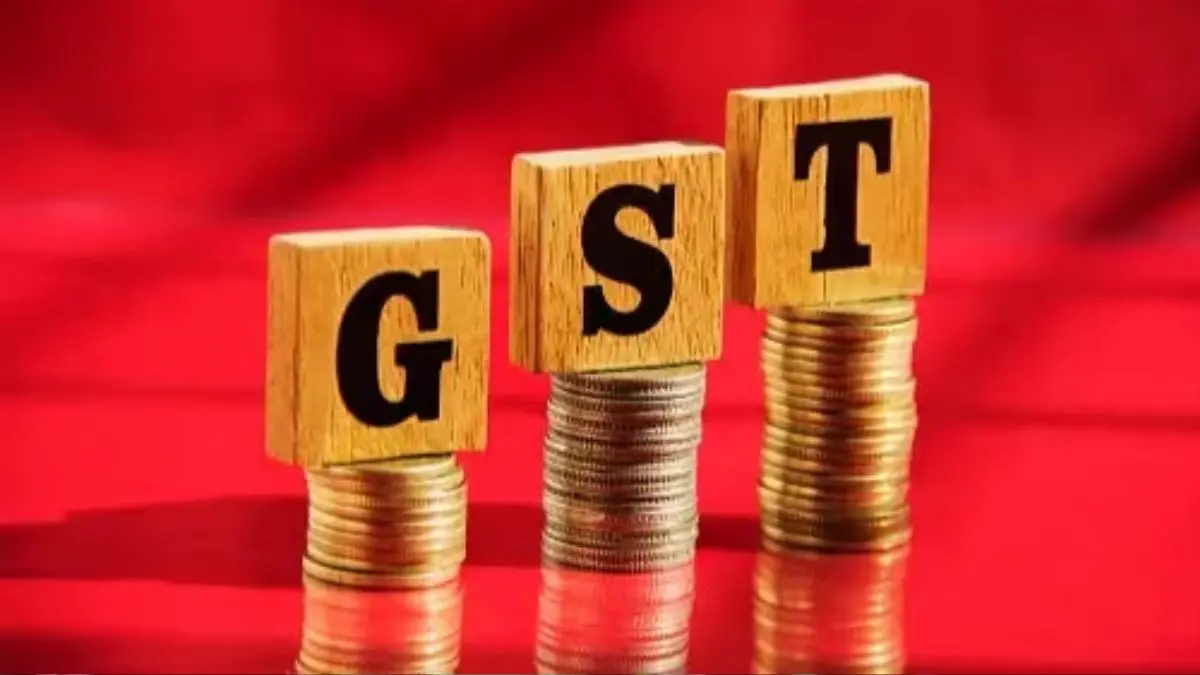Updated 25 June 2025 at 20:17 IST
What is GST 2.0? Why India Wants Liberalised Exports, Uniform Rates, and Working Capital Unlock
With relation to the Goods and Services Tax (GST), India Inc has had an overall positive experience over the past 8 years as the new tax regime has simplified compliance, while supporting business growth.
- Republic Business
- 2 min read

With relation to the Goods and Services Tax (GST), India Inc has had an overall positive experience over the past 8 years as the new tax regime has simplified compliance, while supporting business growth.
GST 2.0 Recommendations
According to a Deloitte survey conducted on GST 2.0, the respondents highlighted that the automation of tax compliance, issuance of GST circulars and enhanced stakeholder engagement were the areas in which the government performed well.
The report highlighted that the stabilised e-invoicing and e-way bill functionalities as well as the introduction of IMS were the stand-out areas for the respondents of the survey.
About 44% of MSMEs acknowledged the progress in stabilisation of e-invoicing and e-way bill functionalities, while 49% of very large corporates valued the issuance of GST clarifications.
Advertisement
Additionally, respondents are strongly in favour of export liberalisation, GST rate rationalisation and unlocking working capital as the most impactful reforms to boost the sector's growth in GST 2.0.
According to the survey, promoting exports by liberalising GST export provisions has significantly increased in priority, surging from fourth place last year to the top-ranked reform, reflecting a clear shift in respondent focus.
Advertisement
Further, GST rate rationalisation and unlocking working capital measures, such as allowing CGST credit transfer among distinct persons, retained their positions from last year, underscoring their sustained importance in driving sectoral growth over the years, the survey added.
The TMT sector identified the unlocking of working capital as a key priority for improving cost efficiency and accelerating sectoral growth.
Lastly, MSMEs focus more on unlocking working capital and removing input credit restrictions than large and very large corporates, highlighting their relevance for sectoral growth.
Published By : Sagarika Chakraborty
Published On: 25 June 2025 at 20:17 IST
